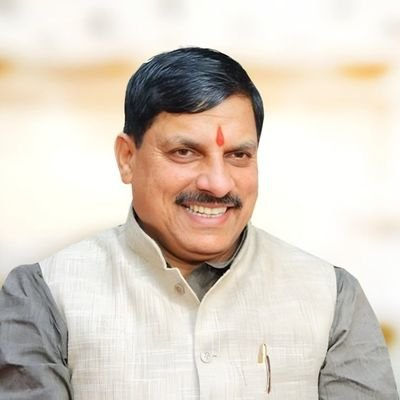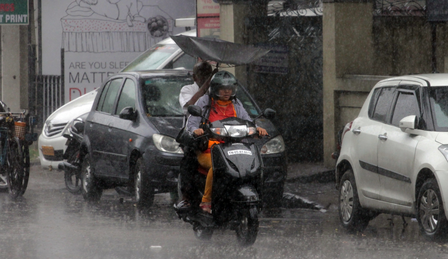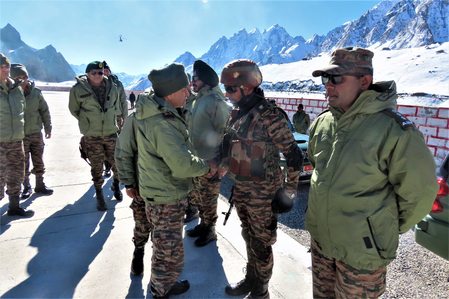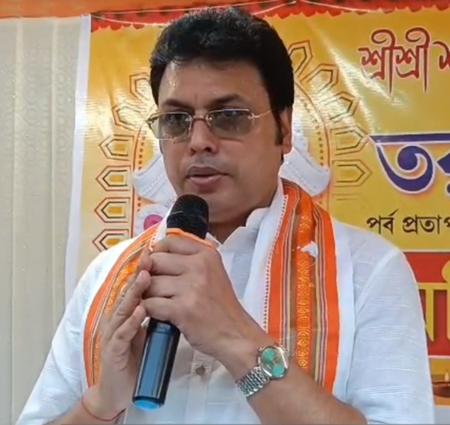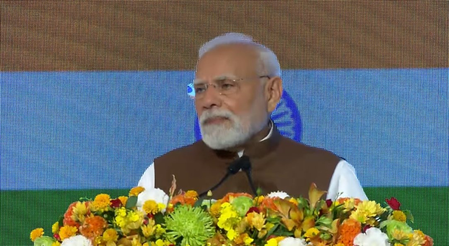
Tokyo, Aug 29 (IANS) As the global trade order realigns amid tariff uncertainties, Prime Minister Narendra Modi on Friday said that Japan’s technology and India’s talent can lead the massive tech revolution globally.
Reaffirming the importance of Japan, PM Modi urged Japanese business leaders “to come and make in India and make for the world”.
“I am happy that my journey is beginning with business giants. In India’s development journey, Japan has always been a key partner. From metro rail to manufacturing, semiconductors to startups, our partnership in every sector has become a symbol of mutual trust,” the Prime Minister told the gathering at an Economic Forum meet.
PM Modi said that Japanese companies have already poured more than $40 billion into India.
“In the last 11 years, you are well aware of India’s unprecedented transformation; today, there is political and economic stability in the country. India is contributing 18 per cent to global growth,” said PM Modi.
This growth story can be attributed to India’s ‘reform, perform and transform’ approach, including the GST and Income Tax reforms.
“We have focused on ease of doing business. For businesses, we have started a single window for approvals. We have rationalised 45,000 compliances,” said PM Modi, adding that “we have opened sectors like defence and space to the private sector and the nuclear space is now being opened as well, signalling more opportunities for collaboration”.
“Japan is a tech powerhouse and India is a talent powerhouse,” PM Modi told the gathering.
From steel plants in Gujarat to biogas projects in rural India, from Assam’s gateway role to Tokyo’s advanced Research and Development labs, from farmers in rural India to AI engineers in Bengaluru and Tokyo, from semiconductor fabs to academic exchanges, the India-Japan MoUs are building the bridge to a new era of cooperation.
With ‘Make in India, Make for the World’ as guiding vision, this partnership is set to reshape industrial, agricultural, and human capital landscapes, not only for the two nations but for the whole region and the world at large.
–IANS
na/dpb

